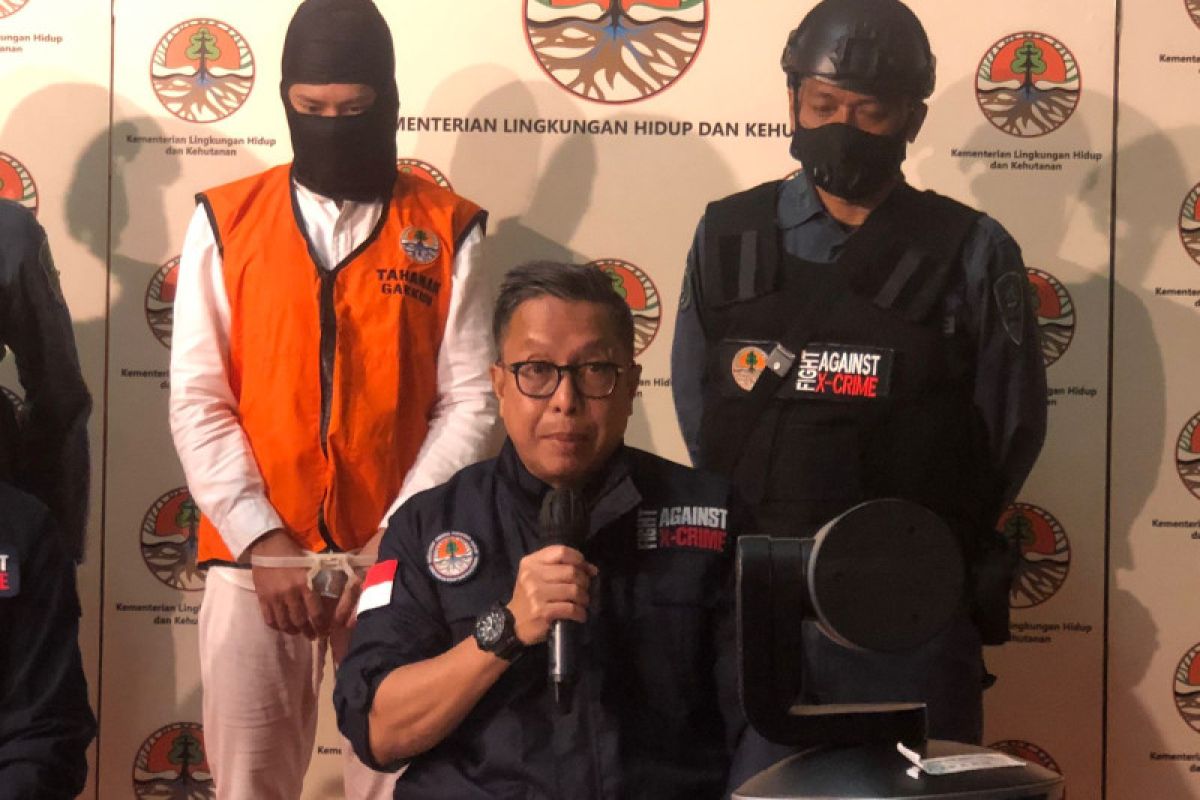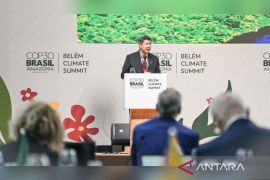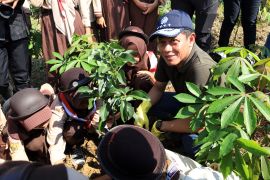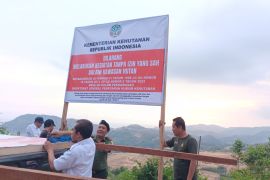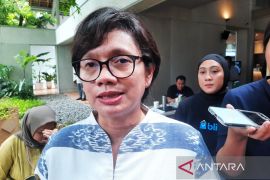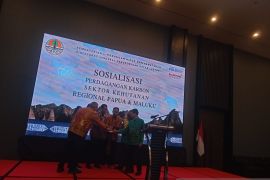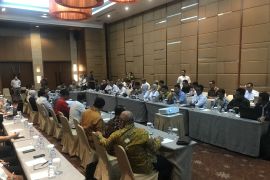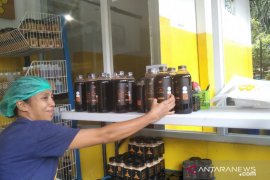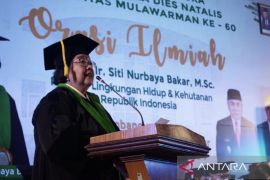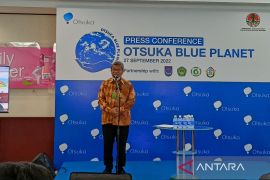Director General of Environmental and Forestry Law Enforcement at the ministry, Rasio Ridho Sani, said that the illegal import of hazardous and toxic (B3) waste into Indonesian territory is a serious crime, which must be punished severely.
"For this act, the suspect is imposed with a minimum criminal sentence of five years and a maximum of 15 years with a minimum fine of Rp5 billion (US$320) and a maximum of Rp15 billion (US$960)," he informed at a press conference here on Friday.
W is suspected of violating Article 106 in conjunction with Article 69 paragraph 1 letter d in conjunction with Article 116 paragraph 1 letters a and b of Law Number 32 of 2009 on Environmental Protection and Management.
Indonesia cannot be used as a dumping ground for B3 waste, or other waste originating from other countries, without a permit, Sani said.
"We must protect the sovereignty of the state, the environment, and our people from acts of crime like this," he stressed.
Taking hazardous waste or other waste also violates the Basel Convention, which has been ratified by Indonesia and Malaysia, among others, he added.
Currently, the ministry's investigators are looking into the case. They are not only investigating individual suspects, but other perpetrators involved, including those whom the B3 waste was sourced from.
"We are confident that the perpetrators committed the crime in order to seek financial gain. I have urged investigators to set multiple punishments, including the additional crime of seizing profits, and to enforce the law on money laundering crimes," he said.
The ministry has sought support from the Financial Transaction Reports and Analysis Center (PPATK) for information on the flow of funds for the importation of the B3 waste so that the involvement of other actors can be determined, he added.
The ministry is committed to imposing heavy penalties on those who illegally import hazardous and toxic waste so as to have a deterrent effect on others.
In March 2022, a patrol team caught the company's MT Tutuk GT 7463 ship in Batu Ampar waters with 5,500 metric tons of cargo, which was suspected to be B3 waste in the form of black fuel oil because there was no ship-to-ship transfer permit.
According to experts, black fuel oil is considered as waste and not fuel oil because it does not meet the specifications of fuel under SNI (Indonesian National Standard) requirements for MFO (marine fuel oil) products.
Related news: BPJAMSOSTEK provides food aid for workers handling hazardous waste
Related news: Ministry targets 100 producers submit waste reduction plan this year
Related news: Thohir urges SOE industrial estates to help realize green economy
Translator: Sugiharto P, Mecca Yumna
Editor: Sri Haryati
Copyright © ANTARA 2022
